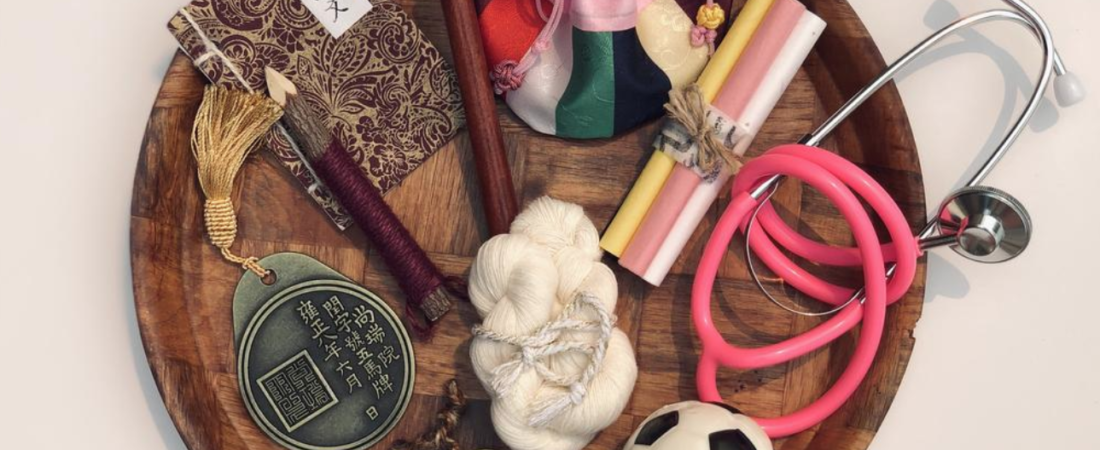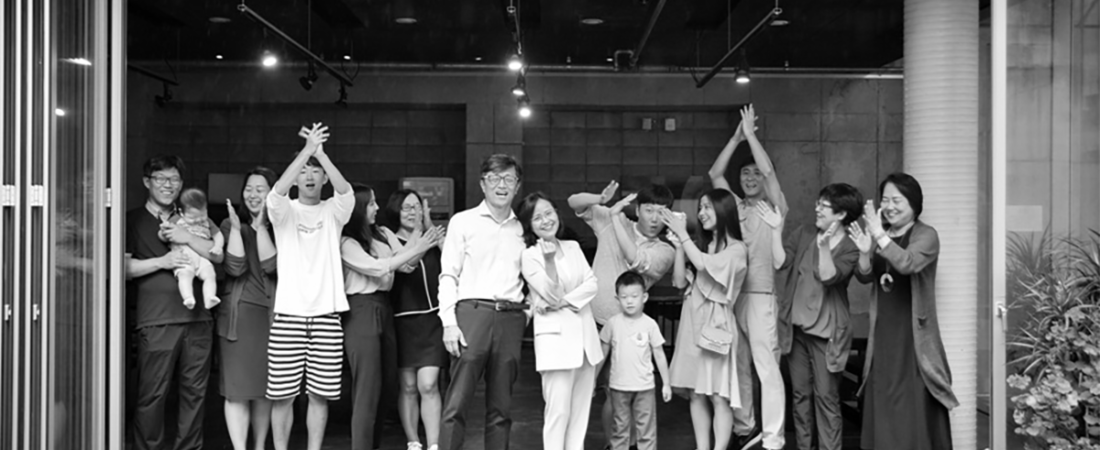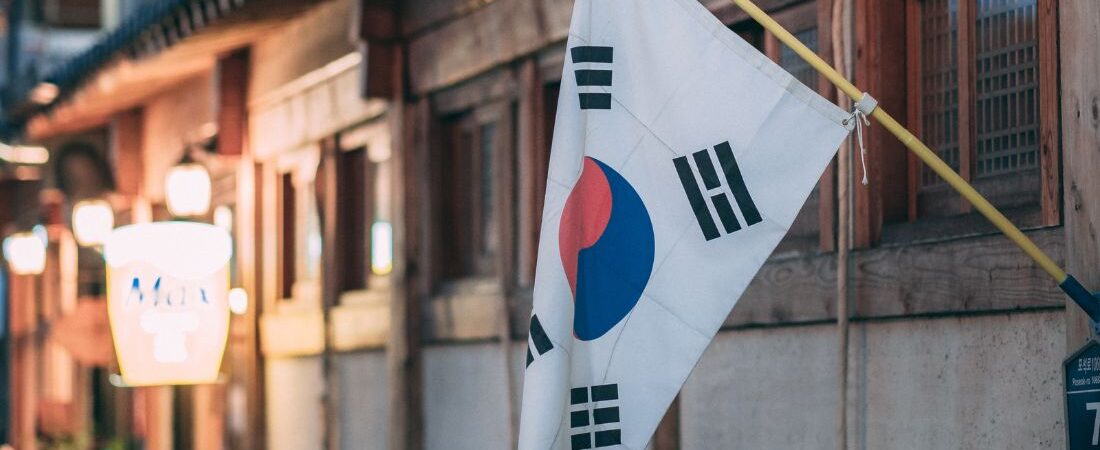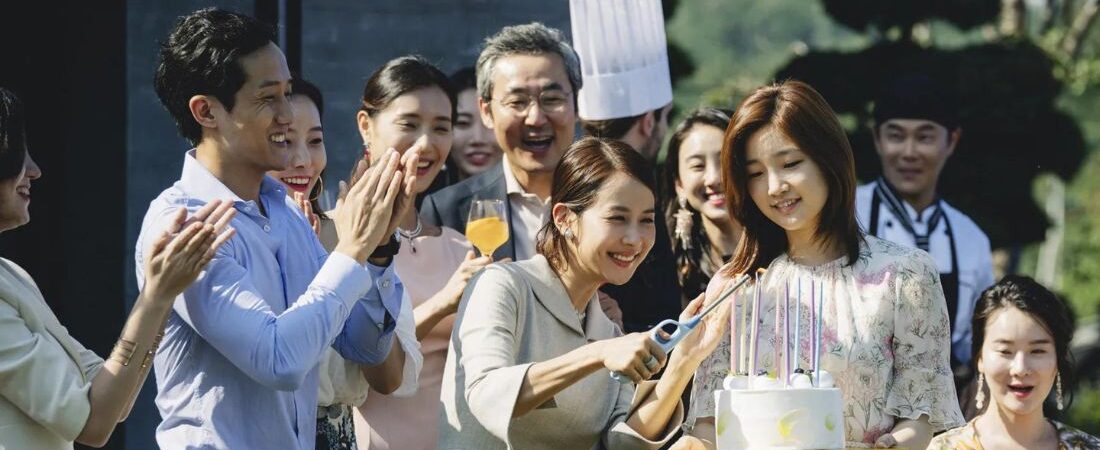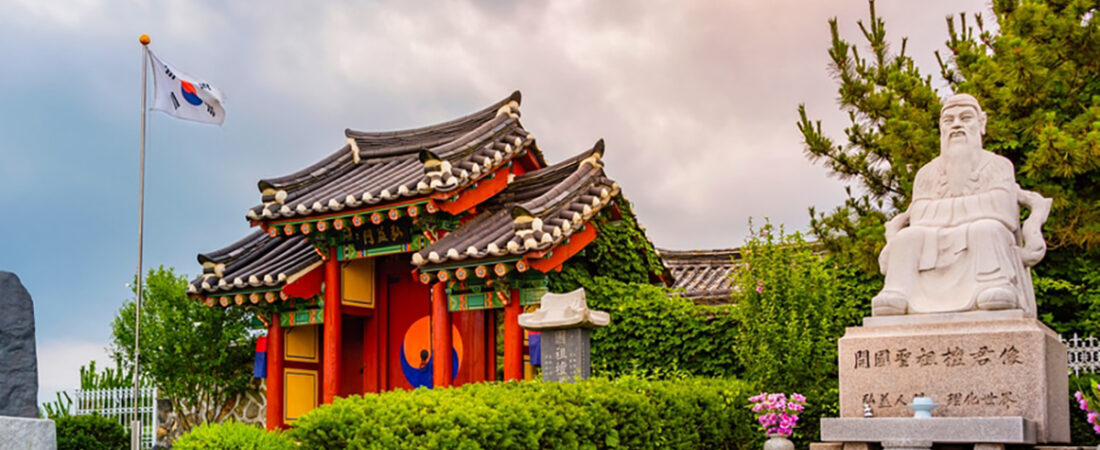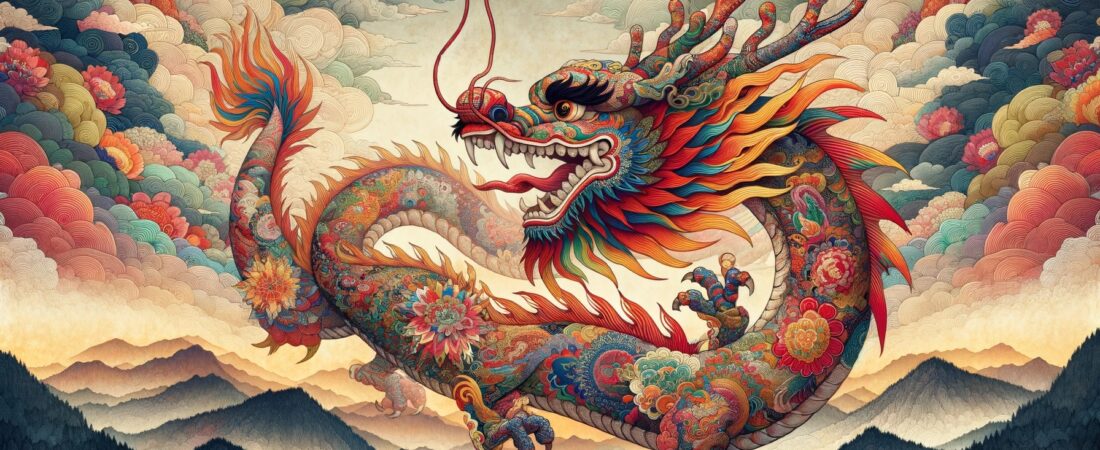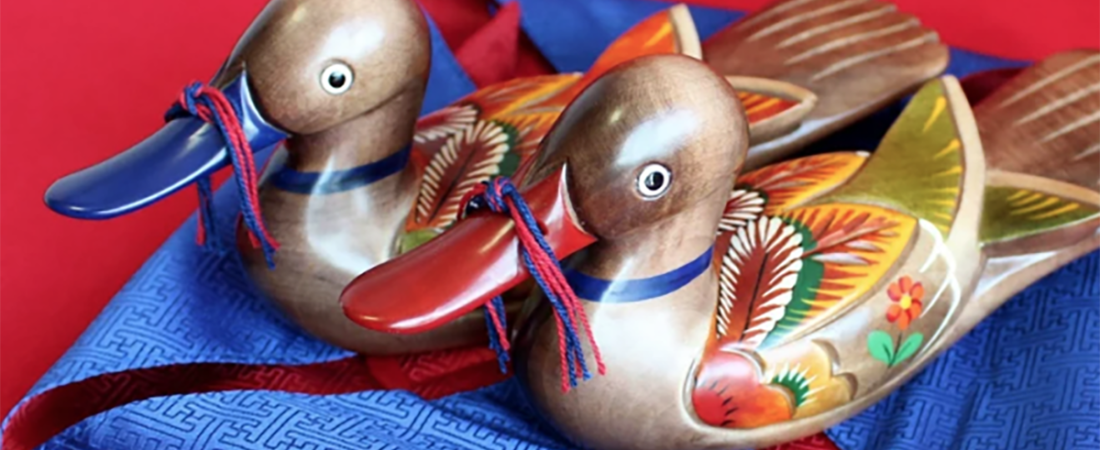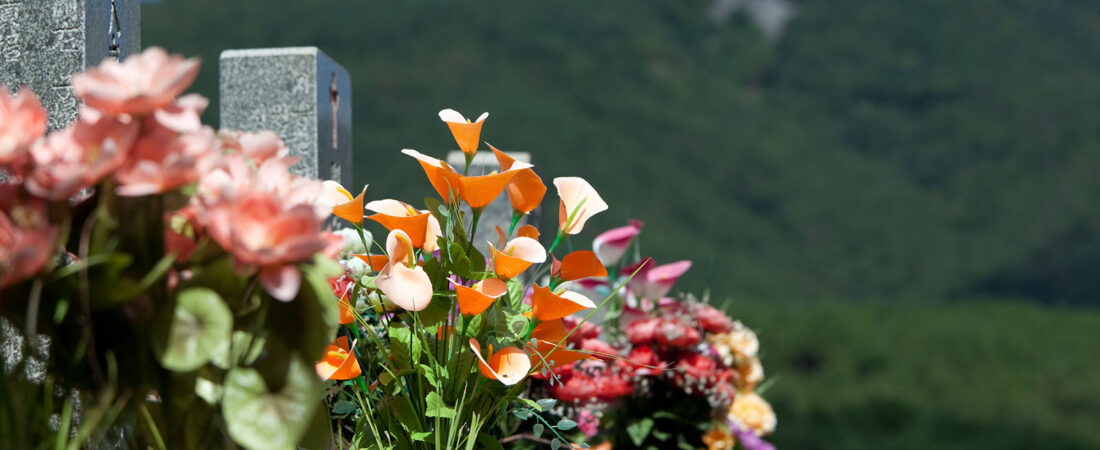Korean culture, with its deep-rooted traditions and dynamic modernity, has captured the fascination of people around the world. From its delectable cuisine and vibrant festivals to its intricate art forms and historical landmarks, Korean culture is rich with heritage, resilience, and innovation.
Korean culture embodies a harmonious yet exciting coexistence of the past and the present. Its rich tapestry is woven with threads of language, cuisine, art, and innovation, creating a unique and enchanting mosaic. Though deeply rooted in Confucian values, the lightning-fast pace of modern Korea means that things are always changing and evolving. Whether you’re savoring a bowl of spicy kimchi or enjoying the beats of K-pop, exploring Korean culture is an enriching journey that continues to inspire and amaze people around the world.
Language and Writing System
Korean culture is deeply intertwined with its language, Hangul. Created during the 15th century by King Sejong the Great, Hangul is renowned for its simplicity and logical structure. It’s an essential part of Korean identity, emphasizing the significance of communication in their society. The Korean script has played a pivotal role in preserving their history and facilitating education, making literacy widespread among its people. Click to read more about Korean language.
Cuisine: A Gastronomic Delight
Korean cuisine is celebrated worldwide for its bold flavors and diverse dishes. Kimchi, a spicy fermented cabbage dish, is a staple in Korean households and a symbol of the nation’s culinary identity. From savory Bulgogi (marinated beef) to Bibimbap (a mixed rice dish) and the comforting Samgyetang (ginseng chicken soup), Korean cuisine offers a delicious blend of flavors that tantalize the taste buds. Click to read more about Korean food.
Hanbok: Traditional Attire
The Hanbok, Korea’s traditional clothing, is a reflection of the country’s rich history and cultural heritage. Known for its vibrant colors and elegant designs, the Hanbok has evolved over centuries, adapting to the changing tastes of each era. Today, it continues to be worn on special occasions, such as weddings and festivals, reminding Koreans of their deep-rooted traditions.
Art and Music in Korean Culture
Korean art is a fusion of traditional and contemporary influences. Traditional folk painting, known as Minhwa, and modern artistry blend seamlessly to create mesmerizing works of art. The famous “Taegeukgi,” the Korean flag, is itself a piece of art, symbolizing balance and harmony.
Korean music encompasses a wide range of genres, from traditional court music (Gagaku) to contemporary K-pop. The global phenomenon of K-pop has captivated fans worldwide, with artists like BTS and BLACKPINK gaining international acclaim. Traditional music, like pansori and samulnori, continues to be appreciated for its cultural significance.
Festivals and Celebrations
Korean festivals are a vibrant celebration of tradition, spirituality, and community. Chuseok, the Korean harvest festival, is a time for families to come together, express gratitude, and enjoy traditional foods like songpyeon (rice cakes). The lunar New Year, Seollal, is another important celebration where ancestral rituals and traditional games take center stage.
Koreans have very strong ideas when it comes to the proper birthing and upbringing of a child. Mainly rooted in traditional Eastern medicine and Confucian philosophy, there are many wonderful customs that can be celebrated in modern life even outside of Korea.
Hwangap 환갑 is the traditional Korean celebration of the 60th birthday. The occasion marks the auspicious return to the year of one’s birth after five times around the 12-year lunar cycle. In pre-industrial Korea, hwangap was regarded as a sign of longevity due to a shorter life expectancy, and it marked the transition of an individual from an active role in the family and society to an advisory role, a retirement of sorts.
Did you know that approximately 1 million people in the USA can speak Korean? And many more are starting to learn each year, inspired by a love of K-Pop, K-Drama, K-Movies, and other Korean cultural exports.
Korea is a country rich in etiquette, culture, and customs that are sometimes oceans apart from what you’d find in the West. Part of this is due to the strong influence Confucian teachings have had on the development of Korean etiquette and culture over the last 1,500 years. In Korea, age and social status are closely tied together and are key to determining how to act, who does what, and even how to speak. If you want to understand why crossing your legs might cause offense, how to greet people properly, and why Koreans behave the way they do, then read on and discover all there is to learn about Korean etiquette and culture.
Happy Korean New Year! Celebrating the New Year is a serious matter for Koreans. So much so that we often celebrate it twice a year – first on the Gregorian calendar New Year’s Day and second on the Lunar New Year’s Day. I still remember clearly celebrating this day back in Korea when I was a boy. Here are 5 top highlights of the day that Korean families all over the world still look forward to on Seollal. Try one or try them all this year, even if it’s just on Zoom.
2024 is the year of the Blue Dragon. The Lunar New Year starts on February 10, 2024, and ends on January 28, 2023. Read all about the role of the zodiac in Korean culture.
Traditional Korean weddings are beautiful events full of symbolism and deep rooted culture. It is considered the uniting of the Eum and Yang (Yin / Yang), a concept of opposite or contrary forces that are actually complementary, interconnected and interdependent in the natural world.
One of the great duties in Korean culture is the proper burial of beloved family members. In the olden days, it was believed that the deceased could only make a smooth transition into the afterlife and avoid becoming a wandering ghost, or kaekkwi, if they were correctly sent off via a proper Korean funeral.

